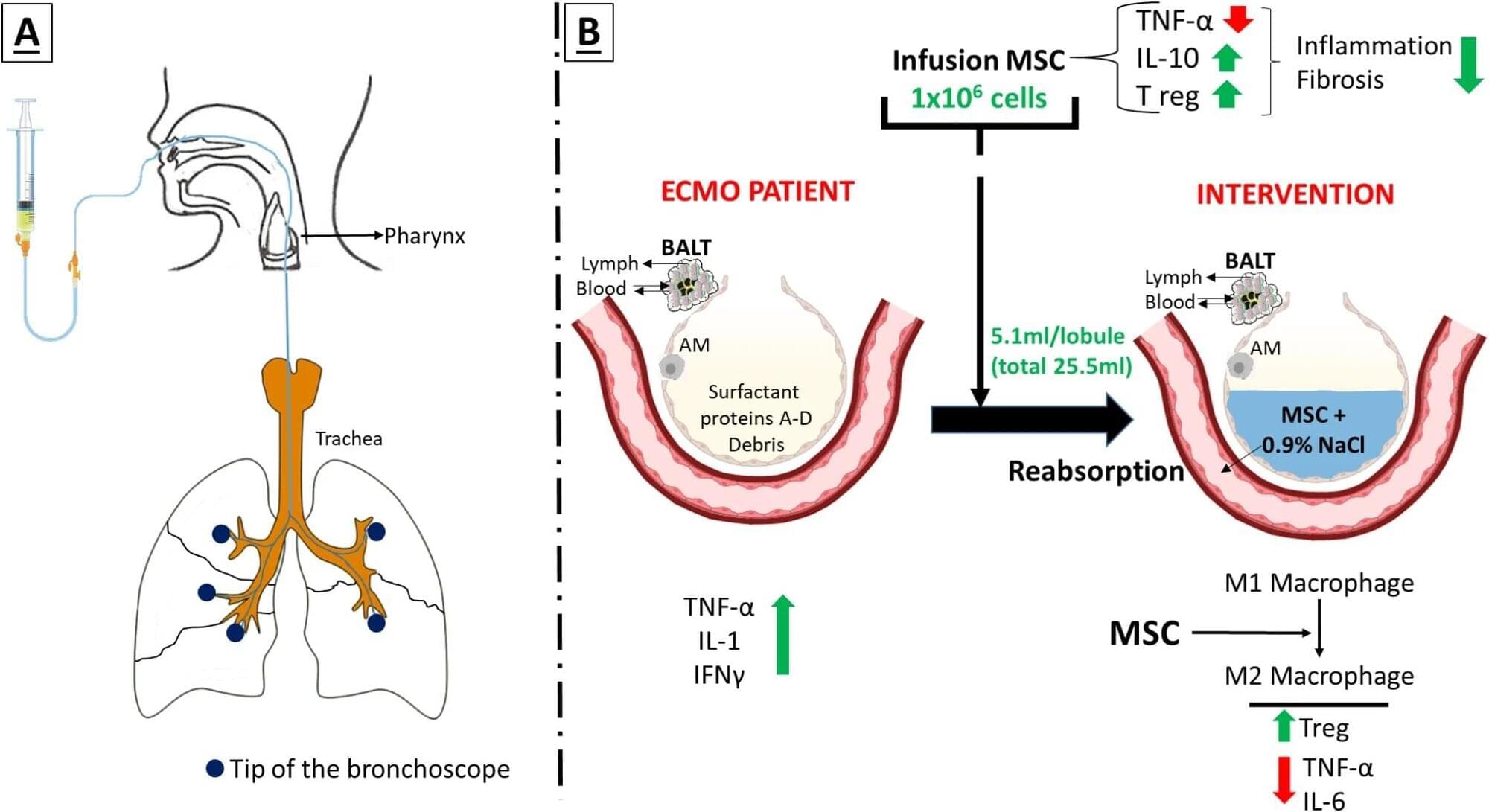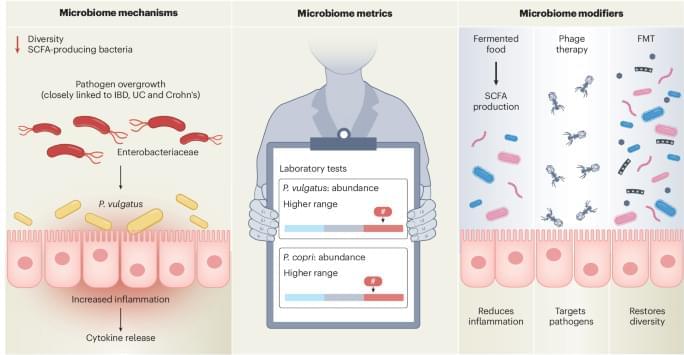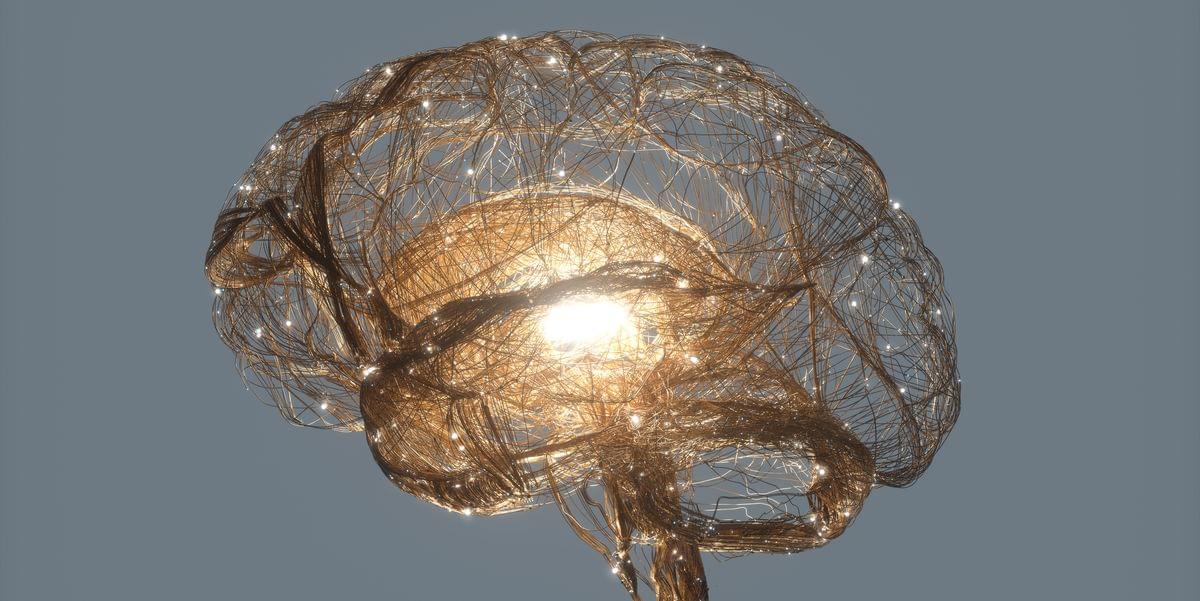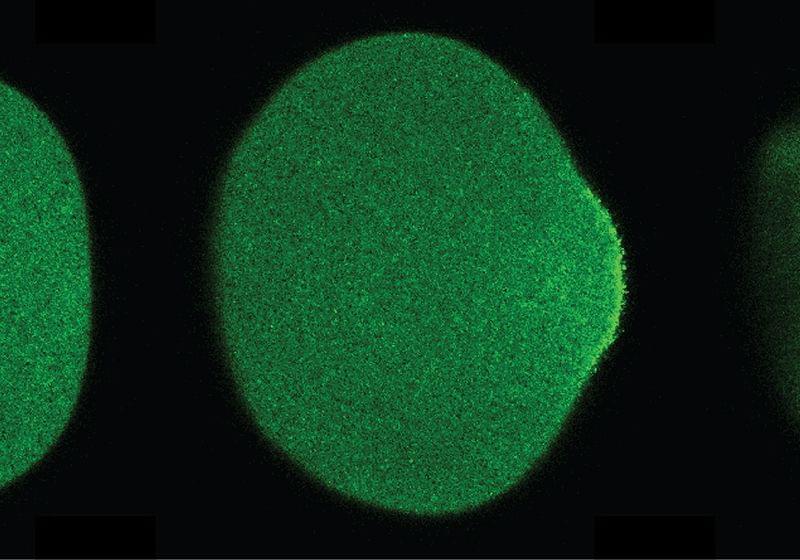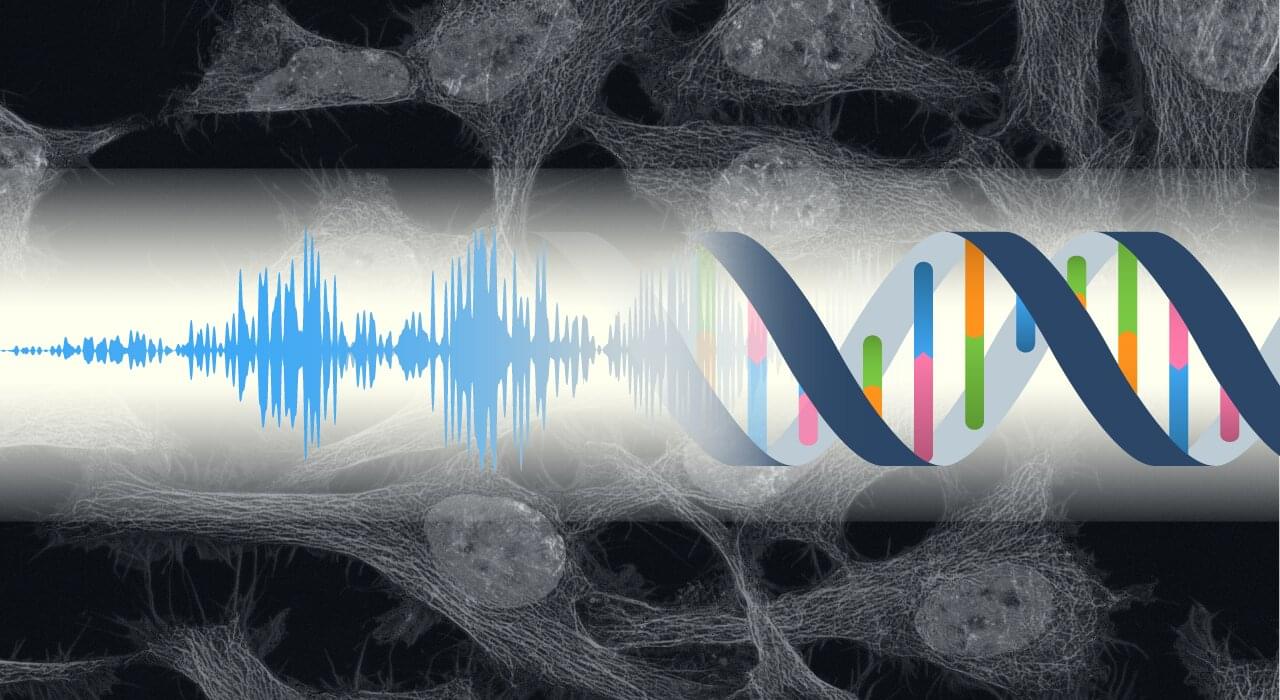A new study in Monthly Notices of the Royal Astronomical Society by researchers including István Szapudi of the University of Hawaiʻi at Mānoa Institute for Astronomy suggests the universe may rotate —just extremely slowly. The finding could help solve one of astronomy’s biggest puzzles.
“To paraphrase the Greek philosopher Heraclitus of Ephesus, who famously said ‘panta rhei’ (everything moves), we thought that perhaps panta kykloutai—everything turns,” said Szapudi.
Current models say the universe expands evenly in all directions, with no sign of rotation. This idea fits most of what astronomers observe. But it doesn’t explain the so-called Hubble tension—a long-standing disagreement between two ways of measuring how fast the universe is expanding.


